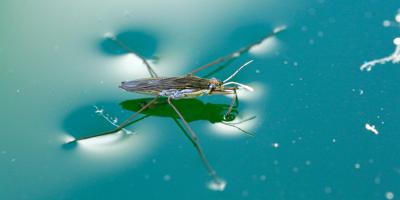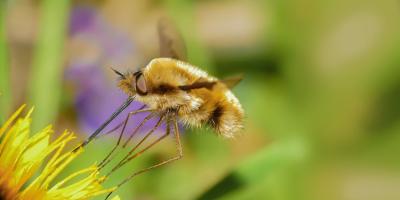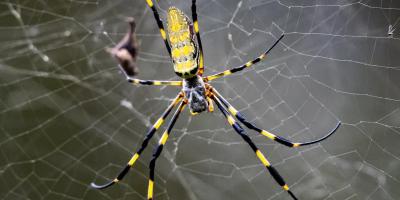3 Problematic Flies for New England During Spring And Summer

Mosquitoes and other flying insects can cause itchy red welts that subside within a couple of days. However, the increasing risk of fly-caused infections and the number of flying insects that crowd around homes, businesses, and schools raises the need for a serious insect prevention and extermination strategy.
1. Mosquitoes
We know that mosquitoes carry diseases, such as the West Nile virus and yellow fever, and cause heartworms in pets. Recently, new mosquito-transmitted diseases have begun to spread throughout the globe, including the chikungunya virus and the Zika virus. Due to these findings, it's more important than ever to have a solid strategy in place to protect your home or business.
Home and business owners are constantly battling increasing populations of mosquitoes as they gain resistance to common pesticides. Consulting a professional about mosquito control programs (programs that treat a property’s perimeters with a blend of naturally occurring substances to deliver fast eradication of mosquitoes) may be the best action to take to control the growing mosquito population.
2. Black Flies
In many New England states, people jokingly refer to the black fly as the state bird because of its huge population. Every spring, the black fly moves in and begins feasting on the blood of its prey – namely, humans. Black flies breed in moving water, such as rivers or streams, and they flourish in wooded areas.
Like other biting insects, black flies carry infectious diseases. In Africa, some black flies impart parasitic nematodes into a host’s skin. The nematode will fully develop while still under the host’s skin (up to two years), which in turn causes river blindness – inflammation of the eye – as the larvae die, causing permanent clouding of the cornea.
3. Gnats
They may seem like simple nuisances, hovering around your face and intruding on your pantry, but gnats do more than just annoy you. Gnats, like their other fly counterparts, can carry infectious diseases that they transmit when they bite animals or humans.
Take Action
Landscaping changes can help reduce the number of these insects around your business or home. Eliminating all standing water and looking for areas where moisture gathers, such as leaky sprinklers or hoses (the mosquito that carries the Zika virus breeds in the tiny bit of water that remains in hose nozzles), can greatly reduce populations in your area.
Certain insect species are adapting to certain pest control techniques through genetic mutation. Some of them have become more resistant to pesticides. On the other hand, pest control practices are also evolving constantly, and JP Pest services stays up to date with the latest technology and pest control practices. Contact JP Pest Services for a free commercial consultation or residential estimate today.



